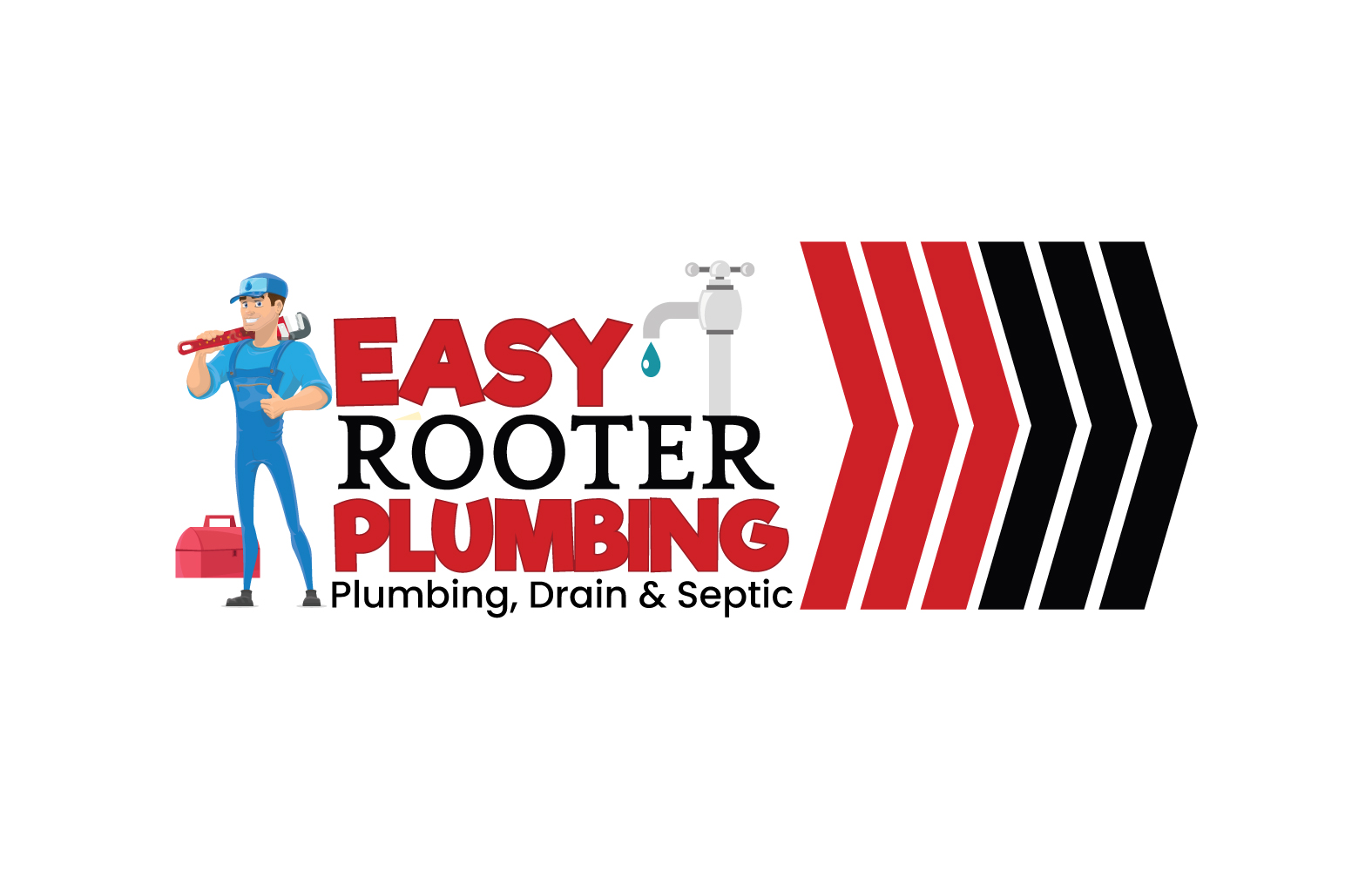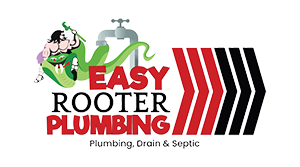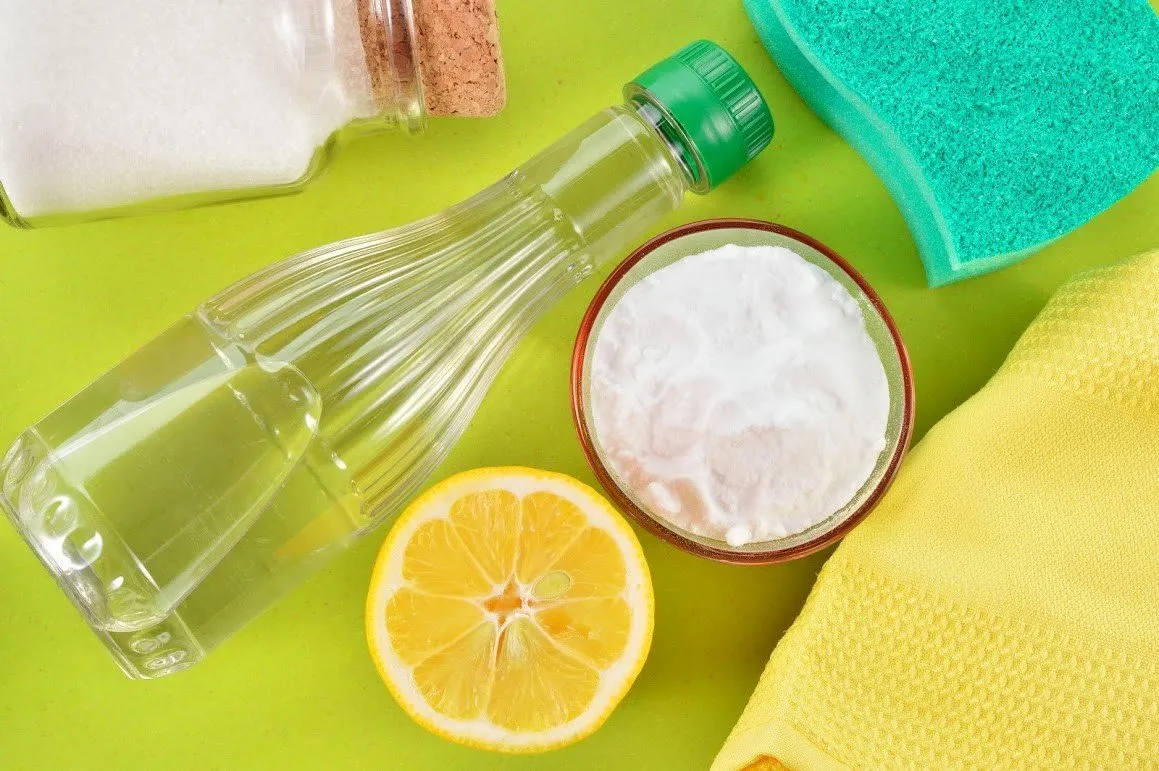WHAT YOU SHOULD KNOW ABOUT THE BACTERIA IN YOUR SEPTIC TANK
The first step to proper septic tank maintenance is to understand how it works. One of the most critical elements of a septic system is the bacteria that break down the waste. This article highlights the role of the bacteria and ways to maintain a healthy balance in your septic tank.
Septic Tanks Have Many Microbes
Your septic tank is home to an array of microbes, including various kinds of bacteria, nematodes, and fungi. The healthy bacteria are either aerobic or anaerobic, both of which break down the waste. The aerobic bacteria thrive at the top of the tank where there is more oxygen, while the anaerobic bacteria abound at the bottom.
Also, the tank has protozoa like amoebas, which eat bacteria, control bacteria, and clear up wastewater. Different forms of nematodes also thrive in septic systems. Some microscopic worms mainly live in the drain field as they require air to survive. Nematodes break down contaminants and organic matter. Rotifers and algae are other organisms found in septic lines.
Bacteria Develop Over Time
The bacteria in your septic tank occur naturally. In fact, the very act of using the septic tank encourages bacterial growth. Thus, you don’t need to purchase septic tank bacteria. Instead, use the tank for its intended purpose and let bacterial colonies take over.
Some Products Can Kill Septic Tank Bacteria
Homeowners buy effective cleaning solutions to keep their houses germ-free. However, the products that leave your home sparkling could quickly kill septic tank bacteria and cause many problems. For example, while chlorine bleach is a useful disinfectant in the home, it kills beneficial septic tank bacteria.
In addition to bleach, avoid constant use of antibacterial soap and harsh drain cleaners. Also, many toilet bowl cleaners have bleach or hydrochloric acid, which kills septic tank bacteria. Instead, use green cleans with biodegradable ingredients like baking soda.
Solvents like degreasers and nail polish removers are also bad news for your septic tank. Ensure that your oven cleaners have no lye or other harmful chemicals. While bath oils make for luxurious baths, they can form films over the tank’s waste and prevent bacteria from breaking it down.
However, many homeowners find it impractical to avoid chemical-based cleaning products altogether. Septic tanks can handle small quantities of commercial cleaners, as long as you don’t go overboard. To be on the safe side, check if the cleaner you want to buy is:
- Mild
- Water-based
- Labeled as septic-safe
- Biodegradable
- Phosphate-free
- Green or environmentally friendly
It’s best to choose products with third-party certifications when you buy septic-safe cleaning products. Also, use everyday household items as substitutes for harsh chemicals. For example, vinegar, borax, salt, and baking soda are common cleaners and disinfectants.
Some Things Should Be Avoided
Septic tank bacteria are excellent at breaking down organic waste. However, they can’t feed on disposable wipes, diapers, cotton buds, coffee grounds, and other non-decomposable items. These items only clog and fill up septic tanks.
Another tip for a healthy balance of bacteria in the septic line is to pump it regularly. A frequently pumped-out septic tank ensures that microbes break down the waste efficiently. Also, you can fix any problems with the tank to give the bacteria optimum conditions to thrive when you pump it.
Keep in mind that the microorganisms don’t like temperature fluctuations. The aerobic microbes that decompose the waste thrive in a range of 77-95 degrees Fahrenheit.
Septic Tank Additives May Not Be Beneficial
Manufacturers who sell septic tank additives commonly promise that their products dissolve clogs and reduce the need for pumping. However, additives can cause problems in your system. What’s more, homeowners often use the additives without the advice of a specialist of septic tank in Reno, NV.
A well-maintained septic tank has all the bacteria it needs to break down waste. As long as you schedule routine inspections and cleanings, the system works just fine. In this case, your septic tank does need any more human intervention. In fact, research has demonstrated that additional bacteria make no positive difference in septic tanks.
Never use additives to replace regular pumping or inspection. While extra bacteria can help a septic tank under stress, it’s better to avoid solid objects or harsh chemicals altogether. If there are signs that the bacterial balance is off, it’s more likely that you should pump the tank.
However, there are safe additives in the market. If you think that your septic system has insufficient bacteria, consult a septic professional. In most cases, the expert can identify the cause of the problem and recommend a safer solution.
Microbes are the most crucial part of a septic tank. Fortunately, septic tank bacteria occur naturally and thrive as long as you avoid harsh chemical solutions. If you experience any foul odors from your system, at Easy Rooter Plumbing for an expert diagnosis.



